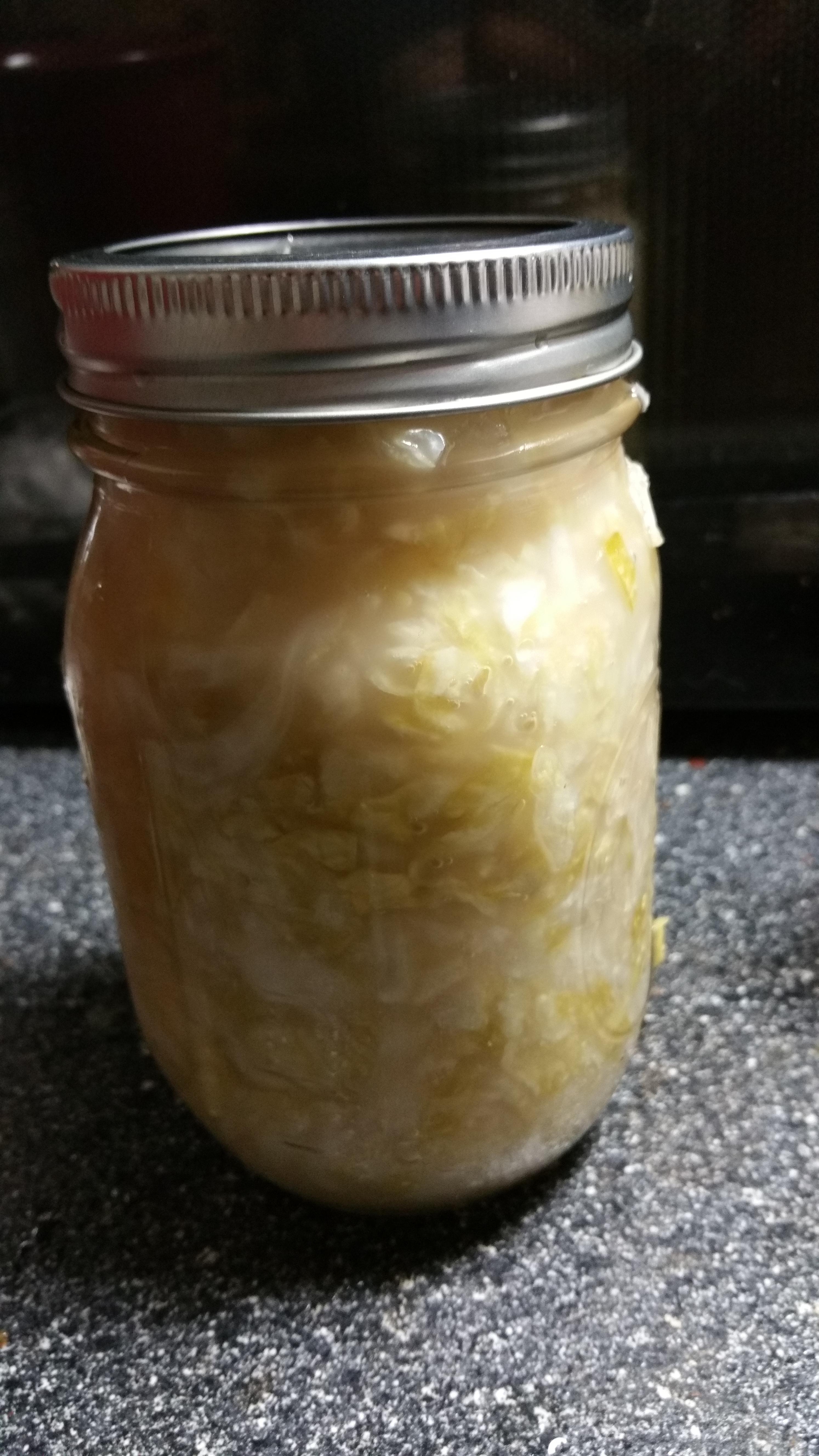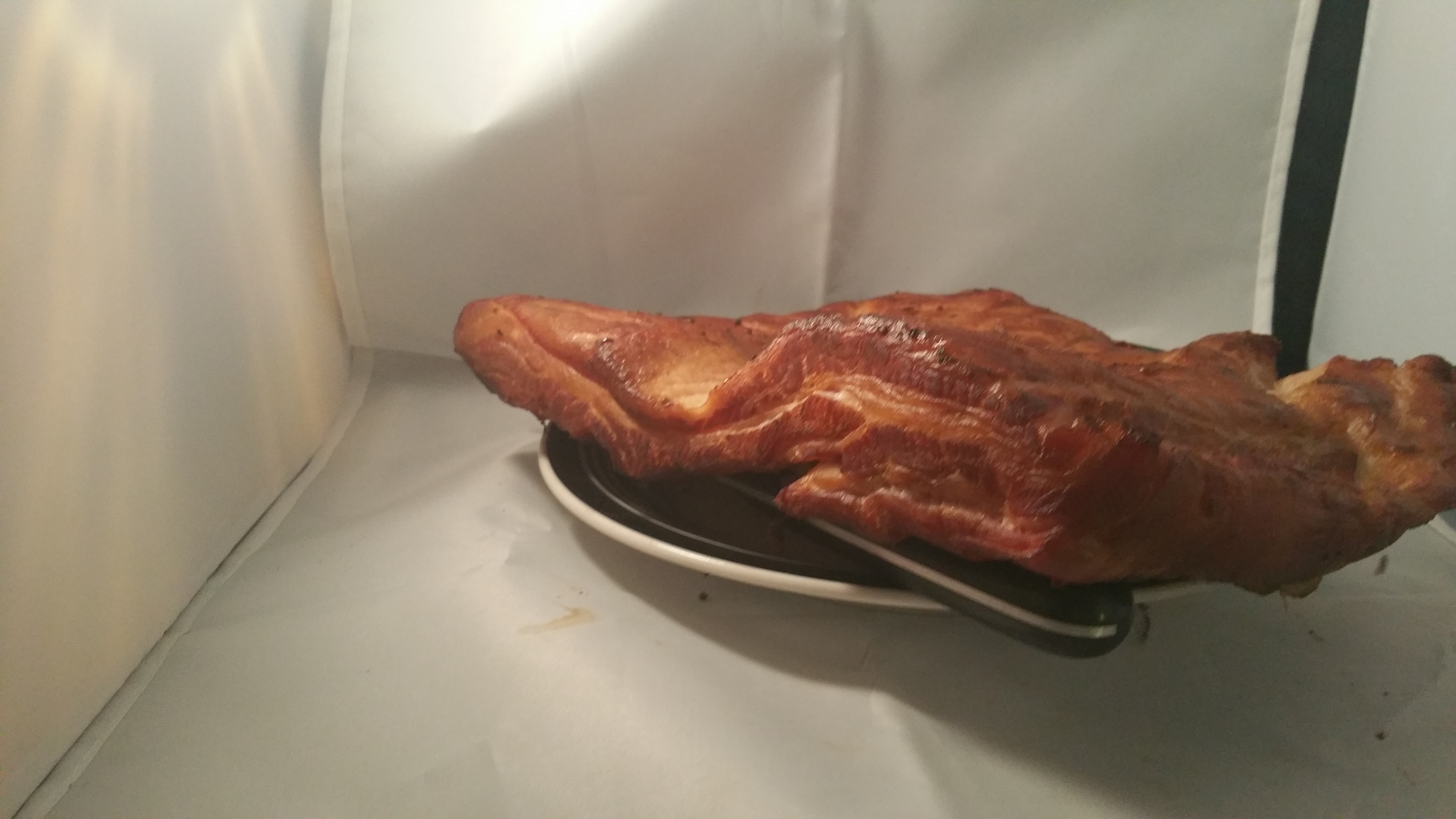@arf777, why no shellfish or pork (not for p, in general)? Do you think it is related to health concerns 'back in the day'? Or was there other reasoning?
The pork and shellfish have really specific, and nearly rational, reasons. Pork was ritually consumed and sacrificed by the Phoenicians, Assyrians and other enemies of the ancient Hebrews. So on the model of 'my enemy's god is my devil', the enemy's holy food was rejected. Also, Israel is mostly desert. Pigs need to stay cool. Though they are in fact not dirty creatures, they will roll in their own shit and piss if there is no water or mud to wallow in to stay cool. Add to that that even in the ancient world it was common knowledge that pig tasted a lot like human flesh, and you get the Jewish ban.
Shellfish was originally a much more specific ban, specifically on crabs. Shallow-water Mediterranean crabs were known to eat human flesh from shipwrecks (they still do). So they were verboten because it was seen as one step away from eating people. The ban then spread to all obvious aquatic scavengers, including all shellfish, many of which are scavengers.
@grokit - you are slightly incorrect about webbed-footed birds. Duck and goose are kosher, and as far as I know always have been. It is
scavenging birds that are on the list of 24 non-kosher birds. It is true that many of them are web-footed, but that is not why they aren't kosher. Like the shellfish, it is because they will eat dead rotted things, including dead people.
There are weirder bits in the kosher laws though. Cetaceans aren't kosher, but not because of what they eat or because they are intelligent. It's because their flippers have bones in them that looked like hands to the ancient Hebrews. And there is an argument that they felt air-breathing things living in water violated divine boundaries. Dugongs are also not kosher (they were a major food animal in the ancient Red Sea region). Though oddly enough, dugong skin could be shatnes.
One time when I was somewhere in Asia a "relative" leaned over while we were eating on the front doorstep and he asked me straight out if I had ever eaten dog before. I told him no. He said "You have now!" . . .
To this day I'm still not sure if he was telling the truth, but I think he was.













